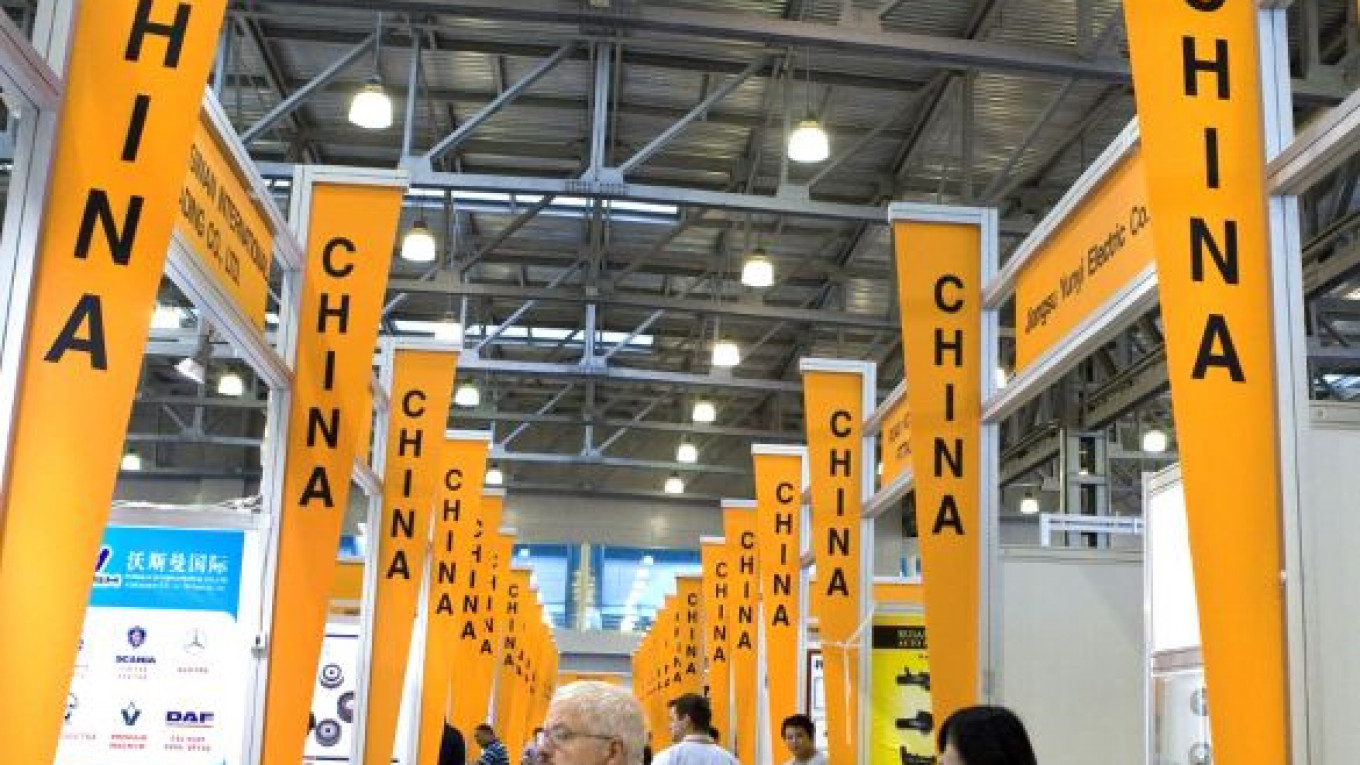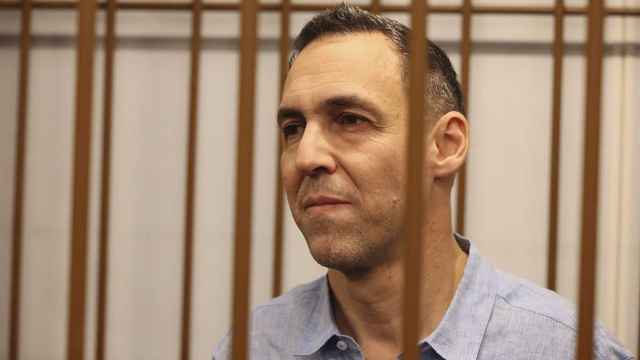BEIJING — China is gaining the upper hand in its much-vaunted friendship with Russia due to Beijing's shift away from relying on Moscow for advanced weapons and deep problems with energy cooperation, a report released Monday said.
While leaders of both countries play up the extent of their alliance and strategic ties, this partnership is unlikely to develop into anything more significant, said the Stockholm International Peace Research Institute, or SIPRI.
"In the coming years, while relations will remain close at the diplomatic level, the two cornerstones of the partnership over the past two decades — military and energy cooperation — are crumbling," the think tank wrote. "As a result, Russia's significance to China will continue to diminish."
China and Russia's ties have careened between cooperation and near war in past decades, veering from firm Communist friends in the 1950s to fighting over a border dispute in 1969.
While both work closely at the United Nations and frequently oppose U.S. policies or Western demands for sanctions on countries like Syria, China and Russia also value their relationship with Washington, the report said.
"Furthermore, there are strategic planners in Beijing and Moscow who view the other side as the ultimate strategic threat in the long term."
China once relied significantly on Russia for weapons. But dramatic advances over the past few years mean that China will actually become a competitor to Russia on the world stage.
That is one reason why Russia does not want to export its most high-tech equipment to China, the report said.
"A more advanced Chinese defense industry is increasingly able to meet the needs of the PLA [People's Liberation Army], limiting the need for imports of large weapon platforms," it said.
"At the same time, it is unclear whether Russia is able and willing to meet Chinese demands because of problems with its own arms industry and concerns that China will copy technology and compete with Russia on the world market."
In energy cooperation, ties have frayed as the sides argue over details of oil and gas imports into China and as Beijing turns to other suppliers, notably in Central Asia, SIPRI said.
A $1 trillion deal to supply Russian gas to China over 30 years, supposed to be the high point of President Hu Jintao's visit to Russia in June, has failed to materialize.
Sources close to the talks said price differences between the world's largest energy producer and Beijing were still too big.
"China is now in a position to have greater expectations of and place demands on Russia, while Russia is struggling to come to terms with this new power dynamic," the report said.
"In both countries, strategic planners warn that the present competition could escalate to a more pointed rivalry, entirely undermining the notion of a strategic partnership."
"Consequently, China and Russia will continue to be pragmatic partners of convenience, but not partners based on deeper shared world views and strategic interests."
A Message from The Moscow Times:
Dear readers,
We are facing unprecedented challenges. Russia's Prosecutor General's Office has designated The Moscow Times as an "undesirable" organization, criminalizing our work and putting our staff at risk of prosecution. This follows our earlier unjust labeling as a "foreign agent."
These actions are direct attempts to silence independent journalism in Russia. The authorities claim our work "discredits the decisions of the Russian leadership." We see things differently: we strive to provide accurate, unbiased reporting on Russia.
We, the journalists of The Moscow Times, refuse to be silenced. But to continue our work, we need your help.
Your support, no matter how small, makes a world of difference. If you can, please support us monthly starting from just $2. It's quick to set up, and every contribution makes a significant impact.
By supporting The Moscow Times, you're defending open, independent journalism in the face of repression. Thank you for standing with us.
Remind me later.






